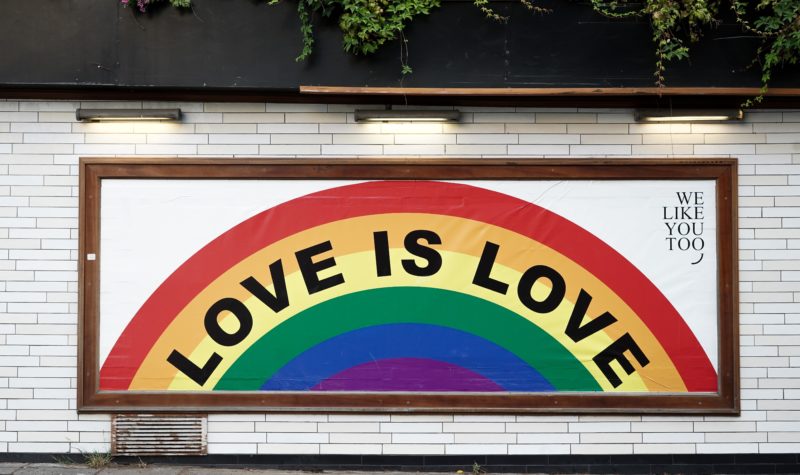Moving beyond rainbow washing: how brands can support the LGBTQIA+ community authentically
“If you want to benefit from the queer community, they should be represented within your business visibility, authentically and organically at all times.”
As more brands than ever are jumping onboard Mardi Gras celebrations, Mumbrella’s Kalila Welch considers what brands can do to move beyond rainbow washing, and become authentic allies to the LGBTQIA+ community, year round.
This year’s Mardi Gras celebrations were, for many, bigger and brighter than ever, with members and allies of the LGBTQIA+ community flocking to the ticketed Mardi Gras Parade at Allianz Stadium, and taking freely to dance floors across Sydney, unstifled by the restrictions of the past two years.

For brands and organisations allied to the LGBTQIA+ community the joy, glitter and festivity of the Mardi Gras season brings about a moment for community engagement, corporate responsibility, acceptance and inclusion, but of course, like with any major celebration or cause, it also brings about an immense opportunity for commercial gain.


Premium automotive brands will change their insignia to include rainbow colours in Western markets during pride month, however these brands do not include the rainbow colours in their insignia in Middle Eastern / Gulf States. So it conveys one message to one market, but noticeably absent message to another market. Is there just too much risk to brand by signifying LGBTQIA+ support in some markets where church and state are inseparable?
I absolutely agree with the premise of this article that the queer community should not just be a white-washed front-facing campaign, and that we have real inclusion into the community and real action.
The way these campaigns also confuse identity with sexuality isn’t always healthy and shows up ignorance.
I’d also like to see a day when we don’t need to make a big fuss about any community and they are accepted whole-heartedly, and so well integrated that it becomes invisible with no special attention needed. That’s proper inclusion. We’re a way off that.
This article does show us how far we have to go and some useful insights into what’s next.
Thanks @Mumbrella for bringing awareness to this.